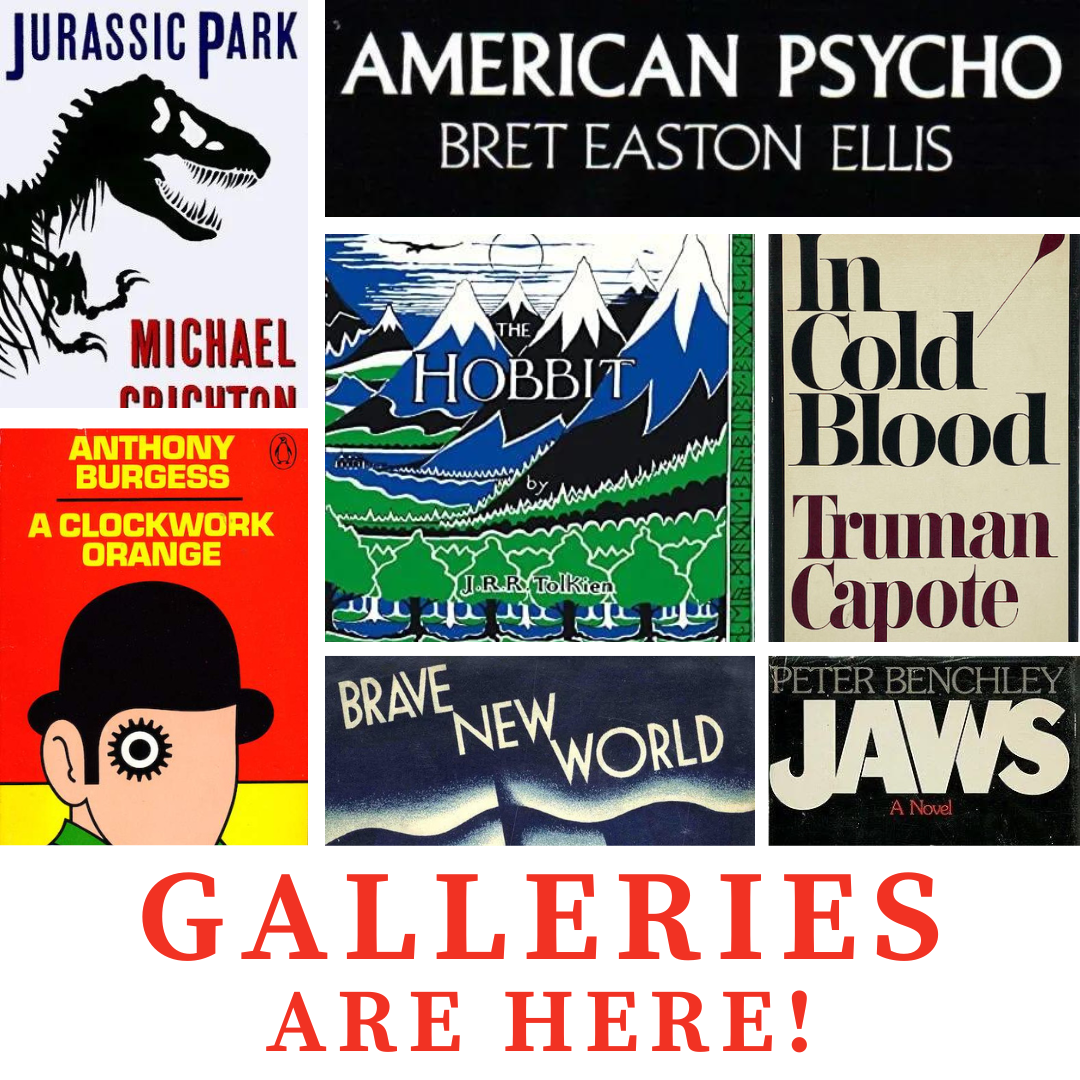Savage Appetites: Four True Stories of Women, Crime and Obsession, published by Simon & Schuster by Rachel Monroe
Today's Guardian has published an exerpt from the above book and also an interview with Rachel Monroe, its author.
Some intriguing and disturbing points come up, which the crime writers among us may well find interesting.
For example, why are women overwhelmingly the main consumers of crime writing, and especially True Crime?
What influence does crime writing (True Crime, polemic, crime reporting, crime novels) have on readers?
Why are white women the "favourite" victims in crime writing? Why do some people idolize mass murderers?
And which Stephen King novel became so dangerous, even the author wanted it gone?
Today's Guardian has published an exerpt from the above book and also an interview with Rachel Monroe, its author.
Some intriguing and disturbing points come up, which the crime writers among us may well find interesting.
For example, why are women overwhelmingly the main consumers of crime writing, and especially True Crime?
What influence does crime writing (True Crime, polemic, crime reporting, crime novels) have on readers?
Why are white women the "favourite" victims in crime writing? Why do some people idolize mass murderers?
And which Stephen King novel became so dangerous, even the author wanted it gone?




